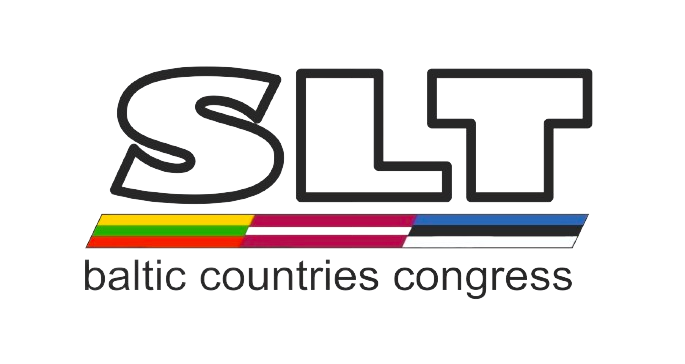Speakers
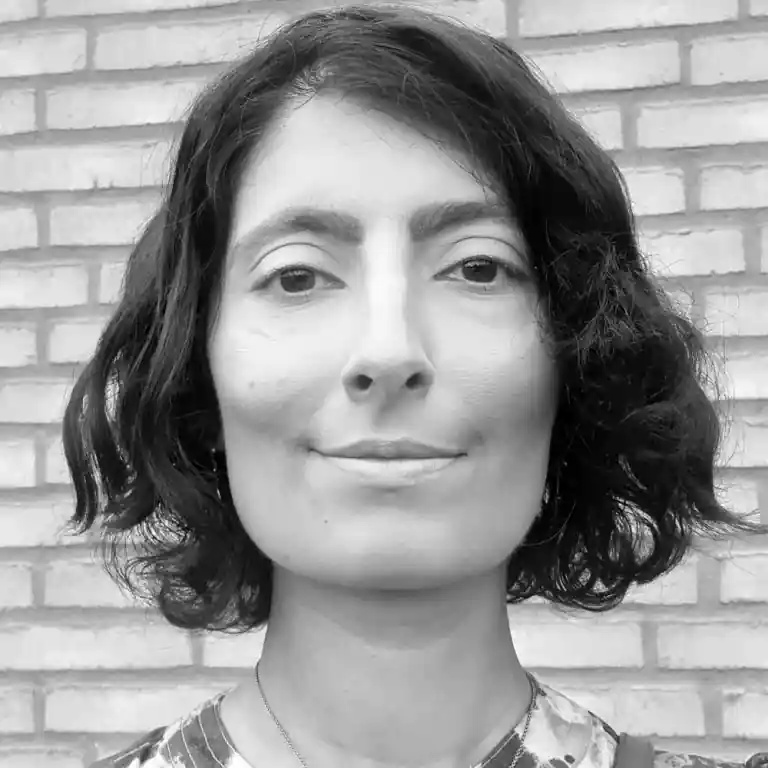
Sahra Mengal
Chair of the ESLA, Chair of the Danish Association of Speech and Language Therapists, MA in Speech, Language, Reading and Hearing Sciences, DenmarkSahra Mengal is the Chair of the European Speech and Language Therapy Association (ESLA) and of the Danish Association of Speech and Language Therapists. She is also the Manager of Childhood and Adolescence Services in the Municipality of Hillerød, Denmark. Sahra holds an M.A. in Speech, Language, Reading and Hearing Sciences from the University of Copenhagen. She has over 15 years of experience working collaboratively with teachers and parents to support children with Developmental Language Disorder (DLD). Her areas of professional interest include early identification and intervention for language difficulties, interdisciplinary collaboration between education and speech and language therapy, and developing practical tools to support professionals in recognizing and addressing DLD in school settings. She is the co-author of a book for teachers on DLD, DLD-venlig skole (“DLD-Friendly School”), and the co-creator of a DLD checklist designed to help teachers identify signs of language difficulties in students: • Book: DLD-venlig skole – https://dpf.dk/produkt/dld-venlig-skole/ • Checklist: DLD-tjeklisten – https://dpf.dk/produkt/dld-tjeklisten-aarslicens/ Through her leadership roles and professional experience, Sahra is committed to raising awareness of DLD, promoting inclusive education, and strengthening collaboration between speech and language therapists and the education sector across Europe.
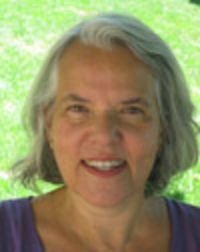
Maria Vlassopoulos
Ph.D., Assistant Professor in Language and Communication Pathology in the University of Athens School of Medicine, GreeceMaria Vlassopoulos, PhD, is Assistant Professor in Language and Communication Pathology in the University of Athens School of Medicine, recently retired. She has organized and coordinated the Early Intervention Programme at the Child and Adolescent Unit of the Community Mental Health Centre of Byron-Kessariani, 1 st Department of Psychiatry, in Athens from 1984 to the present day. Her research interests include child language impairments and their long-term outcomes, multicultural /multilingual developmental language disorders and their differential diagnosis, as well as wider issues such as service delivery. She is an active member of the Panhellenic Association for Speech Therapists and has served as Vice-President for Education in CPLOL- the Standing Liaison Committee for SLTs in Europe.
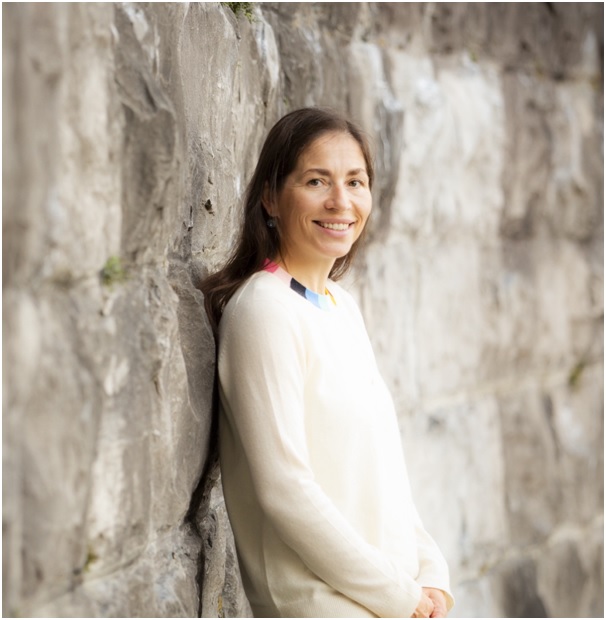
Anna-Liisa Sutt Vowden
Ph.D., Speech and Language Therapist at The Royal London Hospital, UK/EstoniaAnna-Liisa Sutt is a Speech and Language Therapist whose work involves communication and dysphagia management of adult intensive care patients. Anna-Liisa graduated as an SLT from Tartu University, and started her career in her native Estonia. Most of Anna-Liisa’s career to date has been in Brisbane, Australia. In addition to clinical work, she got into research in Australia, and gained a PhD for assessing the effect of one- way valves on regional ventilation and communication success of ventilated ICU patients with a tracheostomy. After having two little boys abroad, she has recently moved back to the UK to continue in a clinical post at The Royal London Hospital, alongside continued teaching commitments and research nationally and internationally. Her passion is improving the management of patients with tracheostomies, from insertion to decannulation and longer-term outcomes. She is devoted to advancing speech and language therapy input and its evidence base in the critical care environment. Despite spending the majority of the last 20 years abroad, she is often found lecturing in Estonia, or supervising research higher degree students in Estonia.
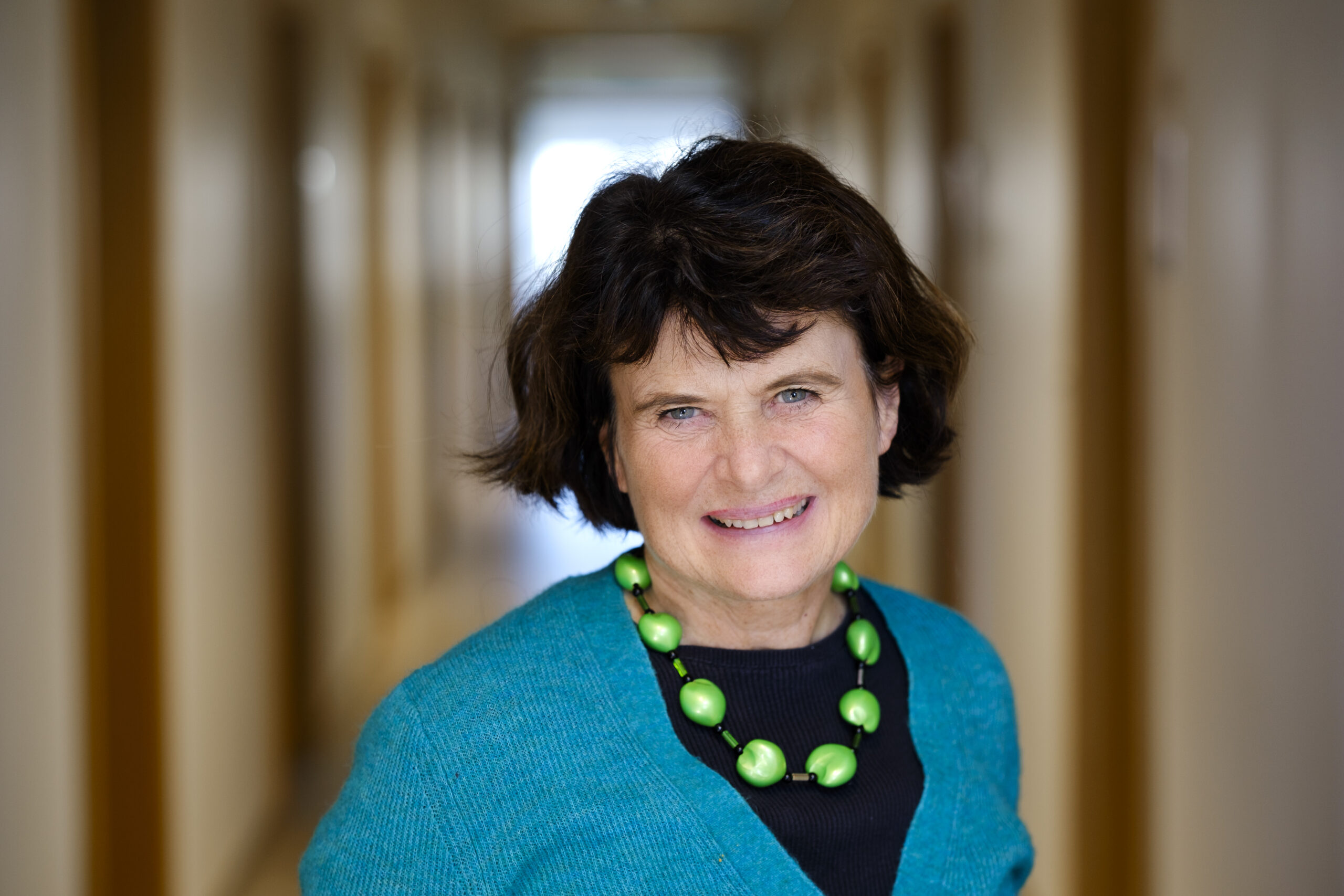
Jóhanna Thelma Einarsdóttir
Ph.D., Professor at the University of Iceland, IcelandJóhanna Thelma Einarsdóttir (jeinars@hi.is) is a professor at the University of Iceland, in School of Education and School of Health. Jóhanna completed her PhD studies at University of Iceland in 2009. Her research has focused on stuttering, measures and treatment of stuttering as well as general language acquisition, bilingual studies, developmental language disorders and development of standardized language tests for children.
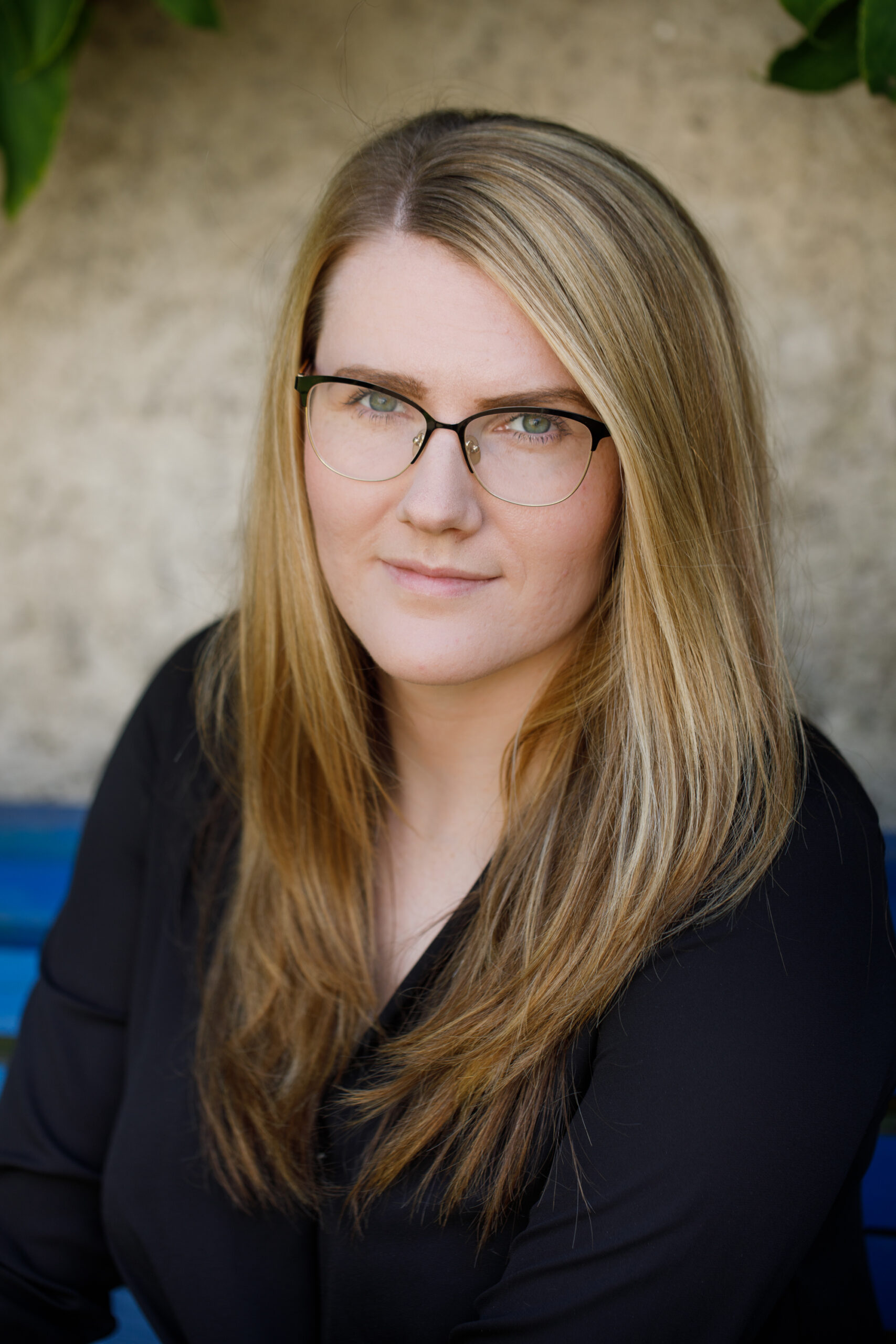
Anna Maria Ülviste
Junior Research Fellow in Speech Therapy at the University of Tartu, EstoniaAnna Maria Ülviste is a Junior Research Fellow in Speech Therapy at the University of Tartu and a practicing speech-language therapist. She holds two Master’s degrees – one in Speech Therapy and one in Special Education. Anna Maria’s research focuses on parent-child interaction and the development of joint attention.
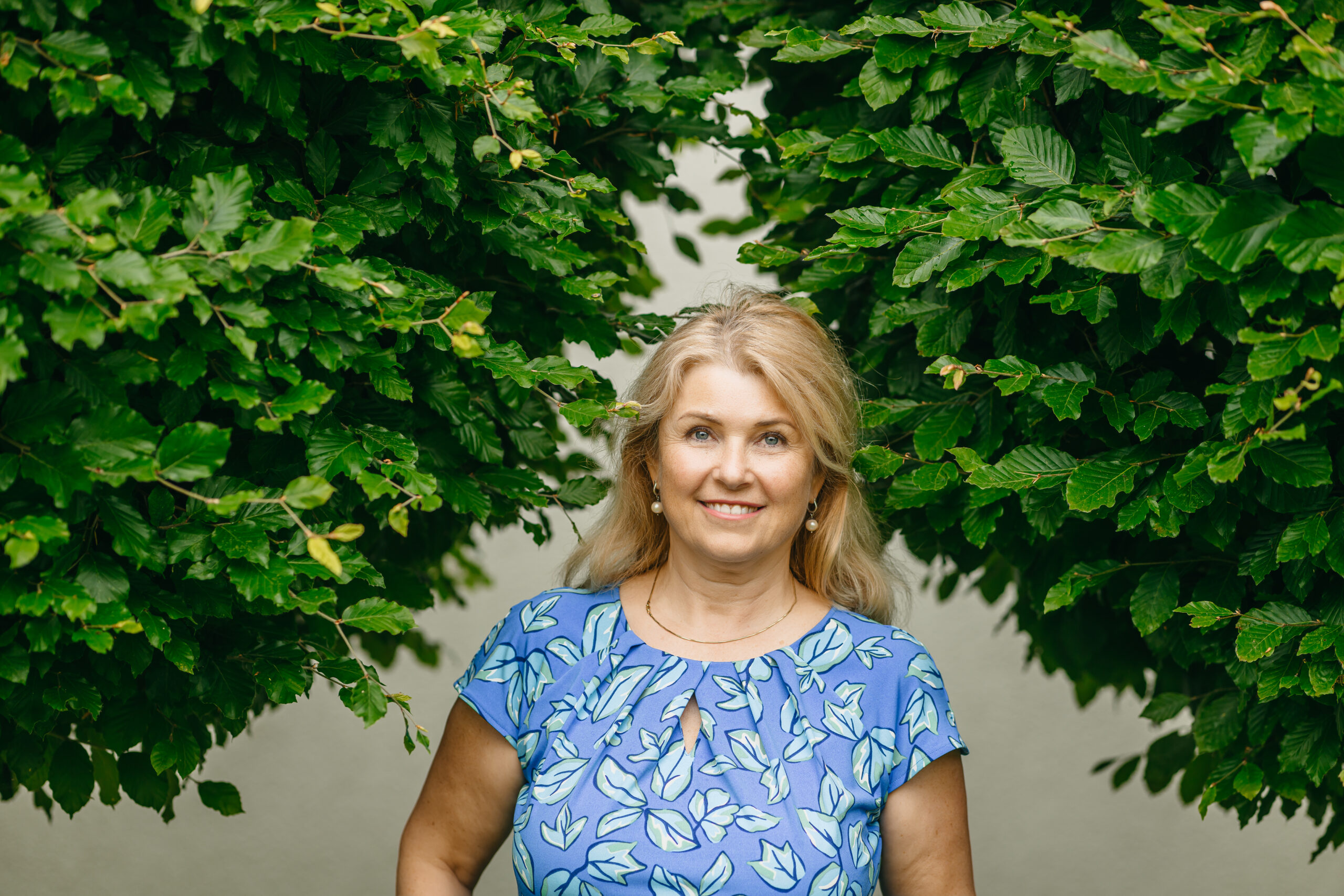
Baiba Trinite
PhD, Professor of Speech and Language Therapy Riga Technical University, Liepaja Academy, LatviaDr. Baiba Trinite is a Professor of Speech and Language Therapy at Riga Technical University, Liepaja Academy, and Head of the Voice and Speech Research Laboratory. She is a leading researcher in the field of voice disorders, combining extensive academic, clinical, and research experience. Her research and academic interests focus on voice disorders and voice ergonomics, as well as acquired language, speech and swallowing disorders. She is actively involved in national and international research collaborations and contributes to the advancement of speech and language therapy through scientific publications and professional education. Dr. Trinite has held several key leadreship positions in the profession, including long-term Chair of the Speech and Language Therapists’ Association of Latvia, and currently serves as a board member. She is also a founder and board member of the Voice Care Society of Latvia. At the European level, Dr. Trinite served for six years as Vice President of the European Speech and Language Therapists Association (formerly CPLOL), contributing to the development of the profession and strengthening international collaboration across Europe.
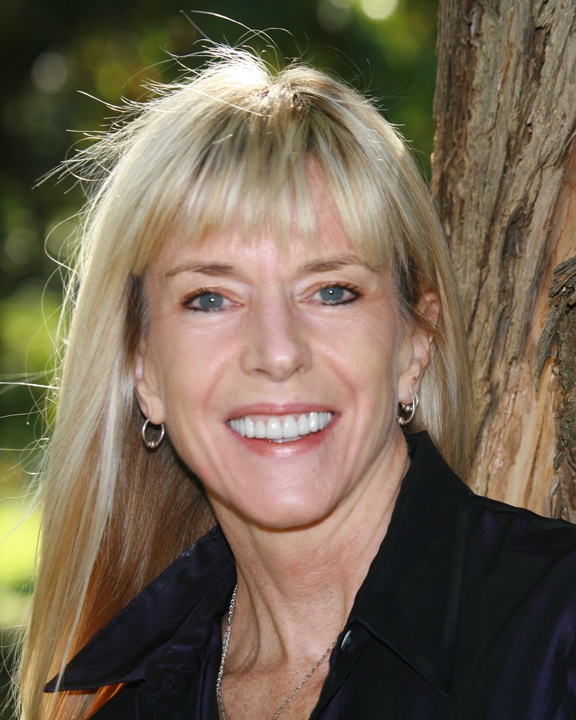
Katherine Verdolini Abbott
Ph.D., Professor of Communication Disorders and Linguistics of Cognitive Science at the University of Delaware, USAKatherine Verdolini Abbott (“Kittie”) is Professor of Communication Disorders and Linguistics of Cognitive Science at the University of Delaware. She is a singer, teacher of singing, and speech-language pathologist specialized in voice and voice disorders. She received her PhD in Experimental Psychology/Cognitive Science from Washington University where her focus was perceptual-motor learning, Her research has been funded by the National Institutes of Health since 1997. Research topics have included wound healing, exercise physiology, learning, hydration, emotions and personality, pediatric voice, and clinical trials in voice therapy. She has served as mentor for a large number of clinicians and PhD students who now practice in their own rights. She is a Fellow of the American Speech-Language-Hearing Association, from which she received the highest Honors for her lifetime contributions.
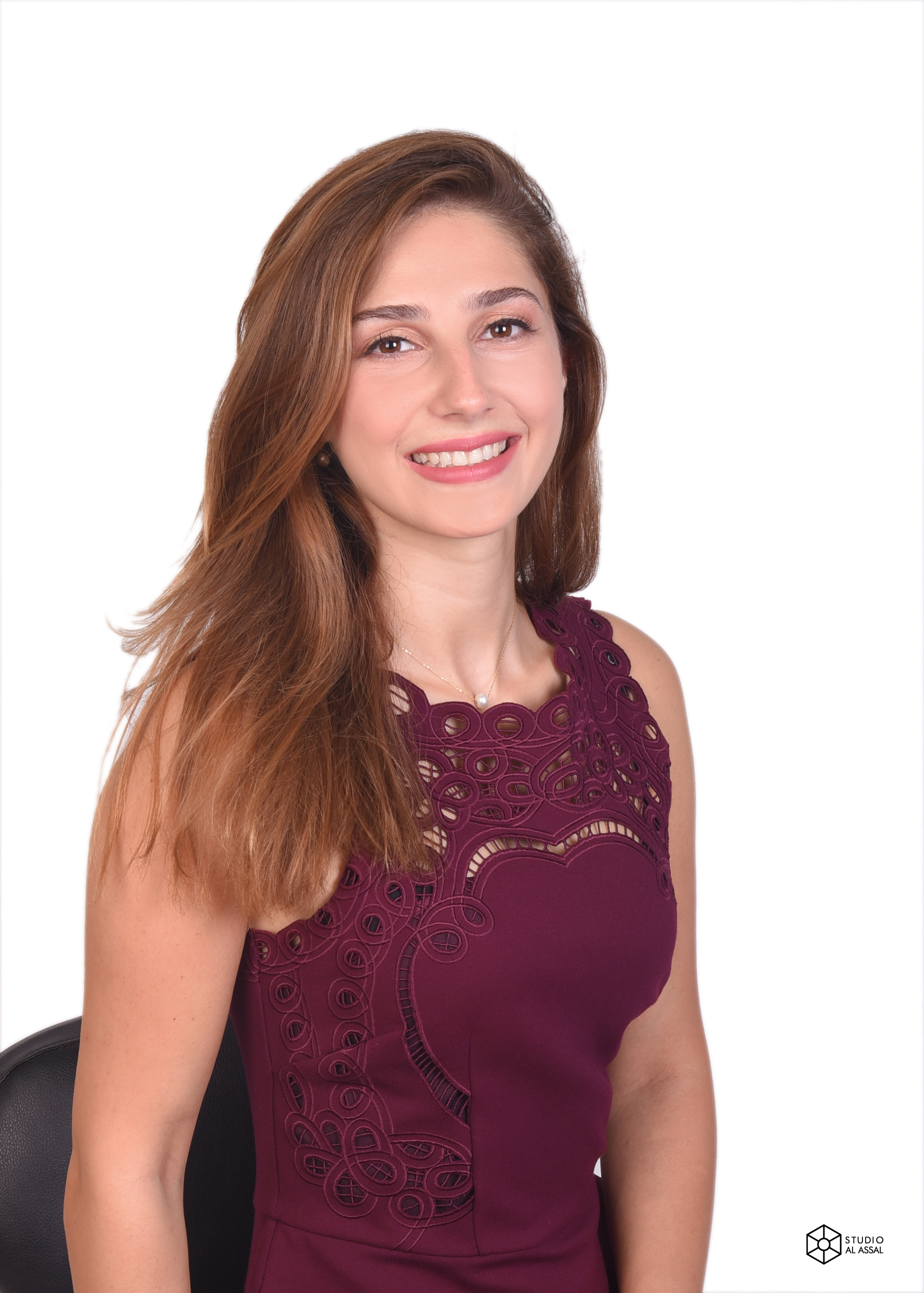
Rania Kassir
Ph.D., Speech and Language Pathologist, Neuropsychologist, Founder of Happy Brain Training and Co-Founder of TheraNova AI,Lebanon/FranceRania Kassir, PhD, is a Speech and Language Pathologist, Neuropsychologist. She is the Founder of Happy Brain Training and Co-Founder of TheraNova AI, initiatives dedicated to advancing generative artificial intelligence in therapy and education. Dr. Kassir holds a MSc in Neuropsychology and Clinical Neuroscience (Lyon, France) and a PhD in Clinical Neurosciences (Amiens, France; Beirut, Lebanon). She serves as Chair of the Neurology Committee of the Lebanese Association of Speech and Language Therapists (ALO) and is an affiliated researcher with the Laboratory of Functional Neuropsychology and Pathologies (LNFP, Amiens). Certified in prompt engineering and generative AI, she trains healthcare professionals across Europe, the Middle East, and North America on the ethical and effective use of AI in clinical practice. Her work bridges clinical expertise, scientific research, and technological innovation, with a strong focus on bilingualism, cognitive health, and the future of therapy.
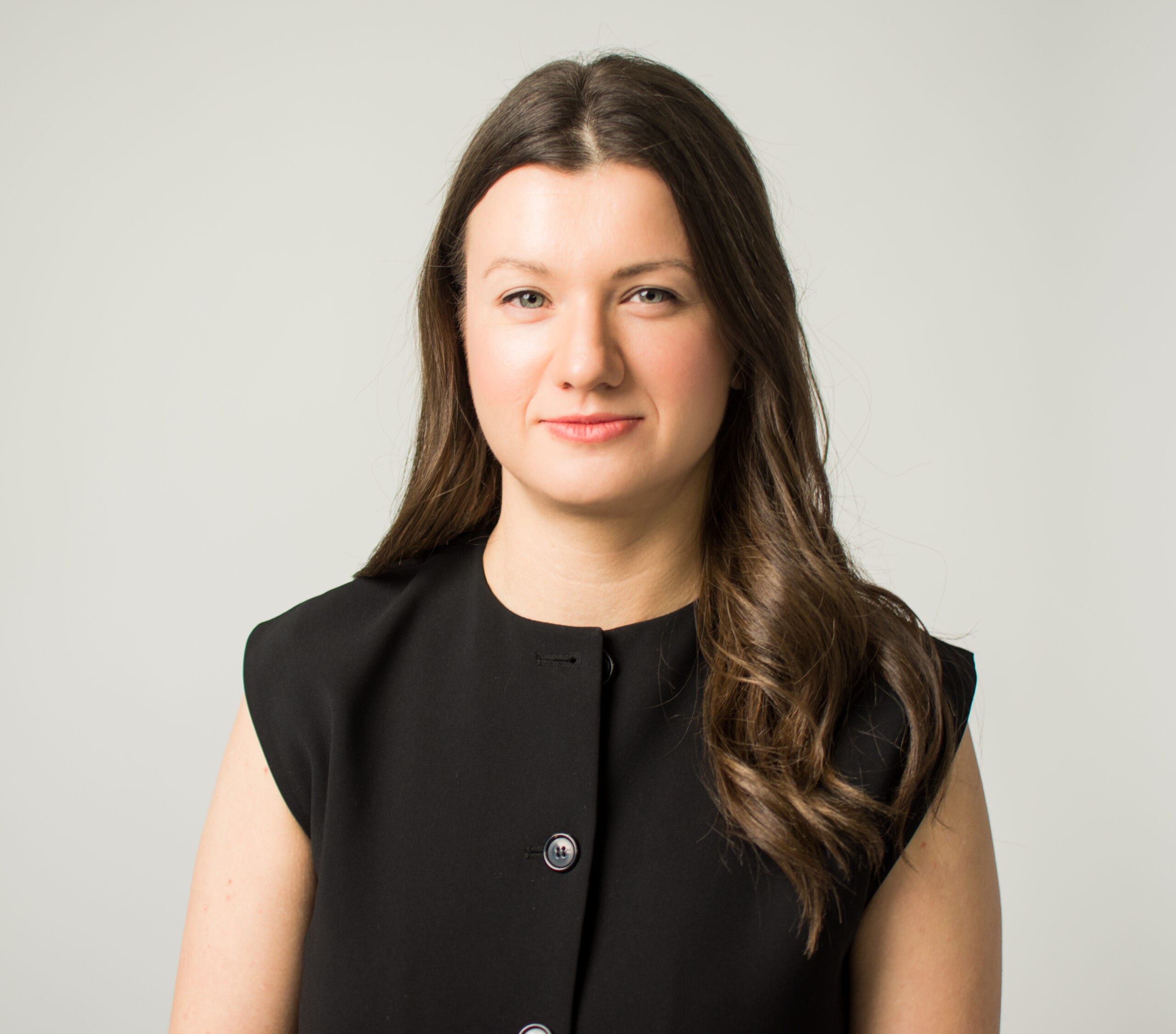
Līga Savicka
MSc in Rehabilitation, Deputy Chairman of the Board at the Latvian Association of Clinical Speech and Language therapists, Assistant at Riga Stradins university Department of Rehabilitation, LatviaLīga Savicka is a clinical speech and language therapist and researcher in speech, language and communication sciences. She is currently a Ph.D. student in the Department of Rehabilitation at Rīga Stradiņš University (RSU) and also serves as an Assistant in the same department. With a strong clinical focus working with adult clients, her research and practice specialise in areas including oropharyngeal dysphagia, dysarthria, and functional communication assessment. Her recent peer-reviewed work includes: Risk Factors of Oropharyngeal Dysphagia and Malnutrition in Neurological Patients (Acta Neurologica Scandinavica, 2025) where she served as corresponding author. Sudden onset orthostatic dysarthria as a presenting symptom of bulbar onset myasthenia gravis: a video case report (Neuroimmunology Reports, 2025) which she co-authored. In her professional role, Līga develops and applies practical assessment and intervention tools tailored for adult clinical settings and collaborates with multidisciplinary teams to translate research into practice. For example, recently she has contributed to the adaptation of the International Dysphagia Diet Standardisation Initiative (IDDSI) framework into Latvian. She remains committed to enhancing access to high-quality adult speech-language services, promoting inclusive health care delivery, and contributing to evidence-based knowledge in her field.

Gabriella Baracsy
MEd, PhD candidate, speech-language therapist and special education professional, HungaryGabriella Baracsy, MEd, PhD candidate is a speech-language therapist and special education professional, currently pursuing her PhD at the Doctoral School of Clinical Medicine, University of Pécs Medical School (Hungary). Her clinical and research work focuses on the interaction between orofacial myofunctional functions, breathing, and posturalcontrol, with particular emphasis on early childhood development. She is involved in the development of the DSmileProgramme and the BaMS – Baracsy Myofunctional–Postural Screening System, an integrative framework combining speechtherapy, orofacial myofunctional assessment, posture screening, and parental involvement. She has over 12 years of interdisciplinary clinical and educational experience working with children, families, and professionals in the rapeutic and preventive settings.
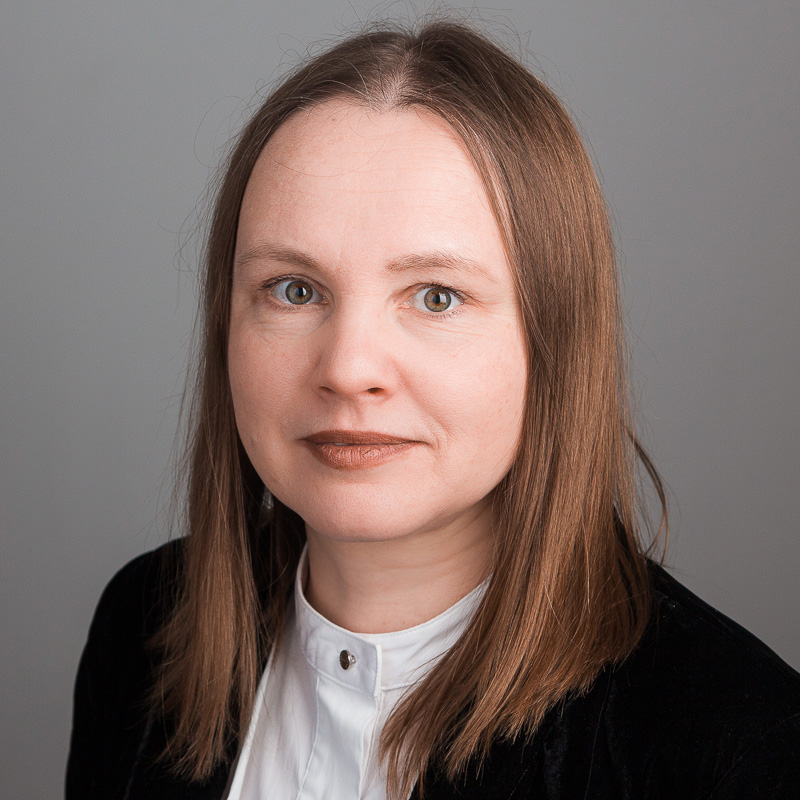
Signe Mežinska
Dr.sc.soc, MSc Bioethics, Associate Professor, Faculty of Medicine and Life Sciences, University of Latvia; Senior Researcher, Institute of Clinical and Preventive Medicine, LatviaSigne Mežinska is an Associate Professor at the University of Latvia, Faculty of Medicine and Life Sciences, and a leading researcher at the Institute of Clinical and Preventive Medicine. She holds an MSc in Bioethics from Union Graduate College (USA) and a PhD in Sociology of Health and Illness from Riga Stradiņš University, alongside an MA in Philosophy from the University of Latvia. Her academic focus lies in medical ethics and biomedical research ethics, as well as patient experience and ethics of emerging medical technologies. With over 25 years of teaching experience in research ethics, bioethics, and sociology of health and illness, Mežinska has also contributed extensively to international research projects, including leading work packages in Horizon Europe projects such as ROSiE, FAMILY, and BEYOND, as well as ERA-NET projects and COST actions. She has served as Vice-Chair of UNESCO’s International Bioethics Committee (2016–2021), is a member of the Council of Europe’s Bioethics Committee (CDBIO), and acts as an ethics expert for WHO and the European Commission. Mežinska is widely published, with works on biomedical research ethics, genomics ethics, biobank governance, and experience of patients and research participants.

Jois Stansfield
Emeritus Professor of Speech Pathology at Manchester Metropolitan University, UKJois Stansfield is Emeritus Professor of Speech Pathology at Manchester Metropolitan University. She has worked in clinical, research and academic posts in England, Canada and Scotland and has a network of colleagues acoss the world. She maintained a clinical practice commitment throughout her career, with particular interests in the communication challenges of intellectual impairment and stuttering, and in professional ethics. She was a member in the EU wide NetQues project, which drew together 65 speech and language therapy partners from 32 countries working in 25 languages. As a retirement project, she completed an MSc in Health History and is currently studying the history of the British speech and language therapy profession at the University of Strathclyde, as one of the oldest PhD students in the known universe.
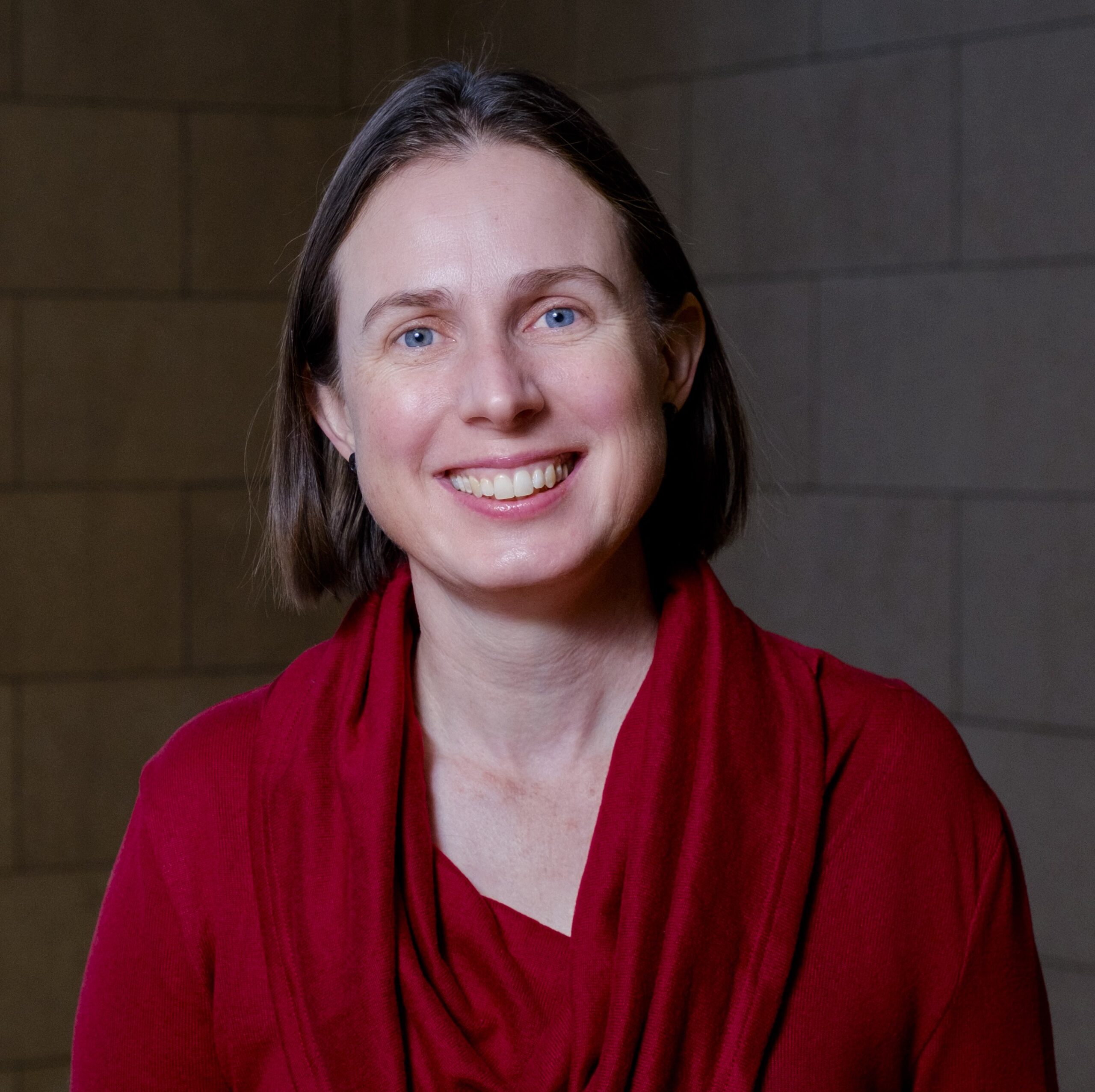
Kathryn Crowe
Ph.D.,Associate Professor in speech-language pathology at the University of Iceland, IcelandKathryn Crowe is an Associate Professor in speech-language pathology at the University of Iceland. She concurrently holds positions as an Adjunct Associate Research Professor at the School of Education, Charles Sturt University, Australia, and Associate Professor (status only), Department of Speech-Language Pathology, University of Toronto. She has worked as a speech pathologist, academic, and researcher and holds a Bachelor of Speech Pathology and Bachelor of Arts, majoring in linguistics, a Master of Special Education (Sensory Disability), and a PhD, as well as a Diploma in Auslan/English interpreting. She is a Fulbright alumnus, member of the International Expert Panel on Multilingual Children’s Speech, Global Young Academy, and the Immigrant Deaf and Hard-of-Hearing Students as Additional Language Learners (IDeALL) project. Kathryn’s research has focused on cultural and linguistic diversity in children, particularly children with hearing loss, their families, and the professionals who work with them. She is passionate about using evidence to inform clinical and educational practices and making available evidence accessible to parents, professionals, service providers, and service administrators.
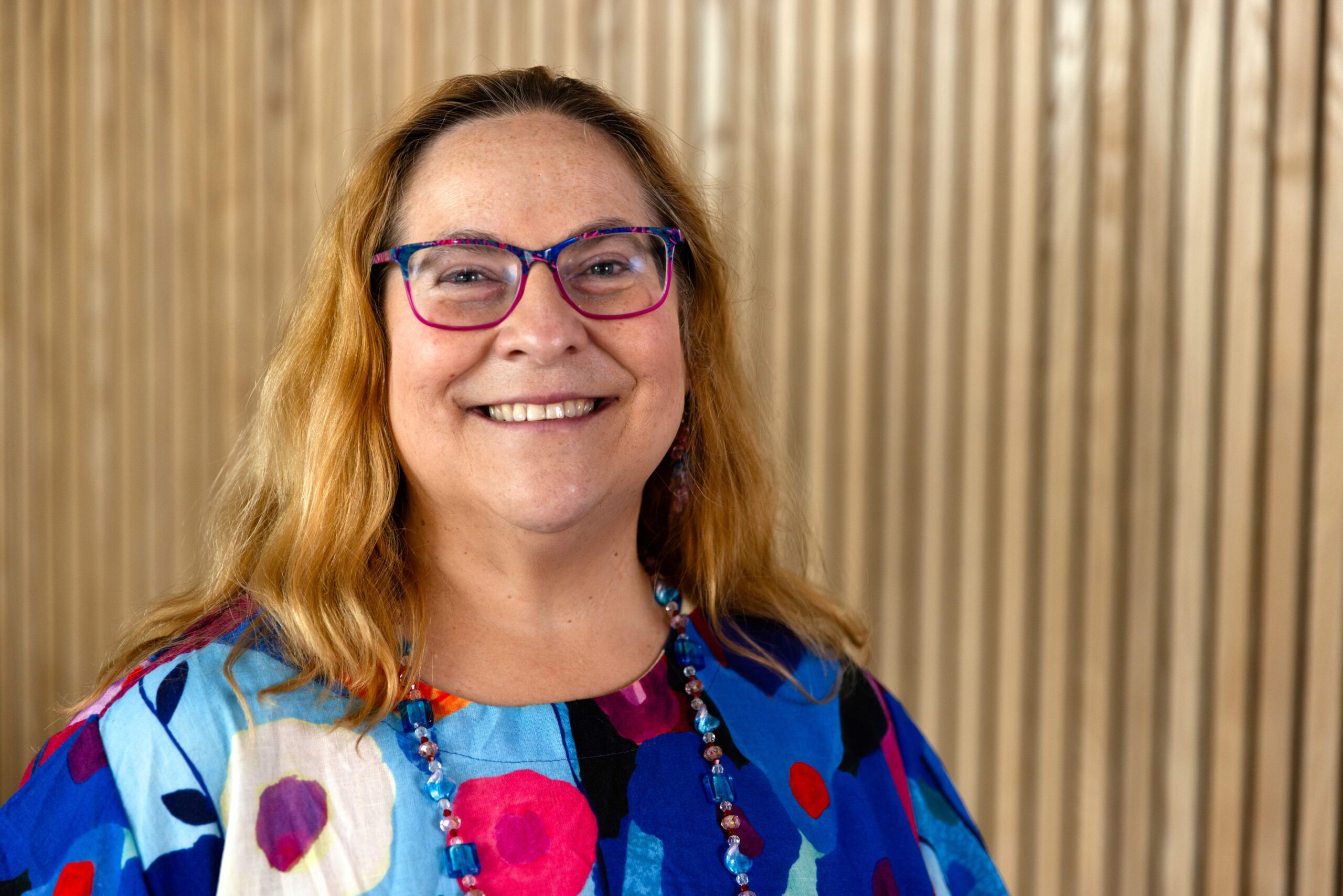
Victoria Joffe
Professor of Speech and Language Therapy, and Dean of Integrated Health and Care Partnerships at the University of Essex, UKVictoria Joffe is Professor of Speech and Language Therapy, and Dean of Integrated Health and Care Partnerships at the University of Essex. Victoria’s area of clinical and research expertise includes speech, language and communication disorders in children and young people, Developmental Language Disorder, the interface between education and speech and language therapy collaborative practice and the training of teaching staff, Narrative and Vocabulary Interventions, language and literacy development, and evidence-based practice. Victoria works with various health trusts, integrated care systems, education authorities and third sector organisations devising and evaluating research into models of service delivery across the lifespan. She provides training and consultancy to professionals working with children and young people with diverse needs. Victoria is co-editor of the journal, Child Language Teaching and Therapy, and acts as a speech and language therapy partner for the Health and Care Professions Council. She is chair of the RCSLT’s national clinical excellence network for older children and young adults with speech, language and communication needs. Victoria is working on two National Institute Health Research-funded research projects looking into a new intervention for children with social communication disorder, and the use of apps to facilitate communication in adults with aphasia. She is also involved in research on stammering, Down Syndrome and dementia and stroke care.
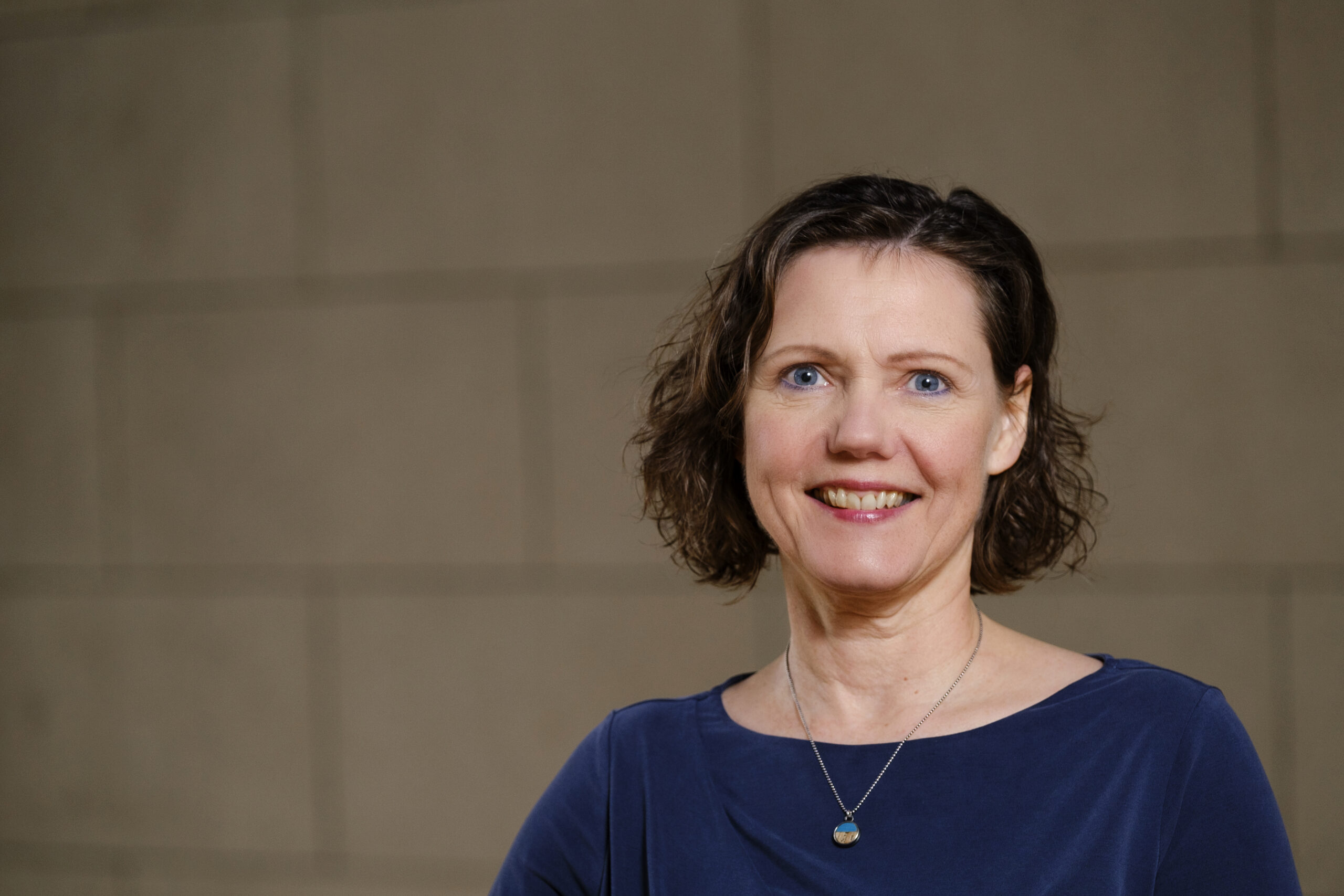
Thora Másdóttir
Ph.D., Associate Professor at the University of Iceland, Faculty of Medicine, IcelandThora Másdóttir, Ph.D. is an Associate Professor at the University of Iceland, Faculty of Medicine. She holds a Bachelor of Arts degree in Icelandic and linguistics and a Master of Arts degree in speech and language pathology. Thora is a Fulbright alumnus and a member of the International Expert Panel on Multilingual Children’s Speech. She has extensive clinical and research experience with childhood speech sound disorders. Her research focuses on typical and disordered phonological development in children. She has developed a speech sound test for Icelandic-speaking children (Málhljóðapróf ÞM) and has been a leading author in developing language assessment tests for Icelandic children from the 2 to 10 years of age. Currently, Thora is working part-time as a speech and language therapist, focusing on adult voice disorders. Thora is also a co-author of an education resource for children with speech and language disorders titled Lubbi finnur málbein.
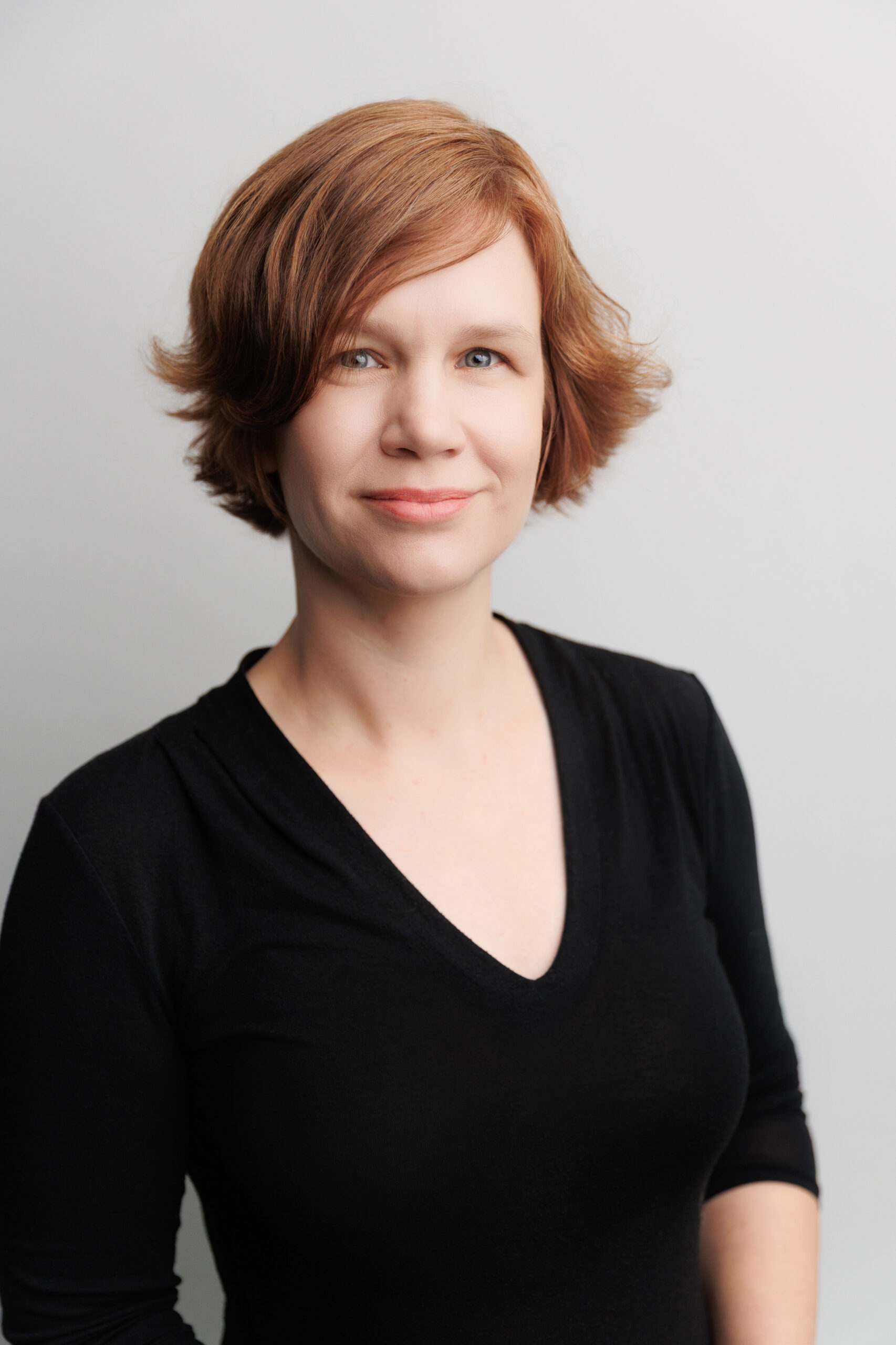
Marja-Liisa Mailend
Ph.D., Director of Speech and Language Recovery Laboratory in Jefferson Moss Rehabilitation Research Institute, Assistant Professor in the Department of Rehabilitation Medicine at Thomas Jefferson University and Associate Professor in the Department of Special Education and Speech-Language Therapy at the University of Tartu, USAMarja-Liisa Mailend, PhD, is the director of Speech and Language Recovery Laboratory in Jefferson Moss Rehabilitation Research Institute (Elkins Park, USA), Assistant Professor in the Department of Rehabilitation Medicine at Thomas Jefferson University (Philadelphia, USA) and Associate Professor in the Department of Special Education and Speech-Language Therapy at the University of Tartu, Estonia. Her research focuses on speech and language production in neurogenic communication disorders and in healthy speakers with a specialization in impairments of phonological encoding and speech motor planning. Her work has two primary directions: the study of the underlying impairment in apraxia of speech and aphasia in the context of theoretical models of speech production, and the development of theoretically-driven assessments and treatment approaches for remediating speech-language impairments.
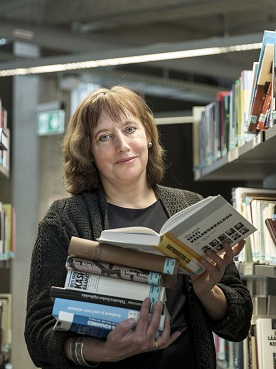
Reili Argus
PhD, Professor of Estonian Language at Tallinn University, EstoniaThe main field of her research interest is the acquisition of Estonian as a first language. She has studied the acquisition of Estonian morphology, as well as the acquisition of lexico-semantic and pragmatic categories. The secondary field of her research is connected with the acquisition of Estonian as a second language. She has studied the acquisition of Estonian morphology, vocabulary and narration skills of 8-10-years old Russian-speaking children and led a number of projects supporting the professional skills of Estonian teachers working in multilingual classrooms.
🗓️ Important!
Information will be announced according to the key dates calendar. Please stay tuned for updates!!
